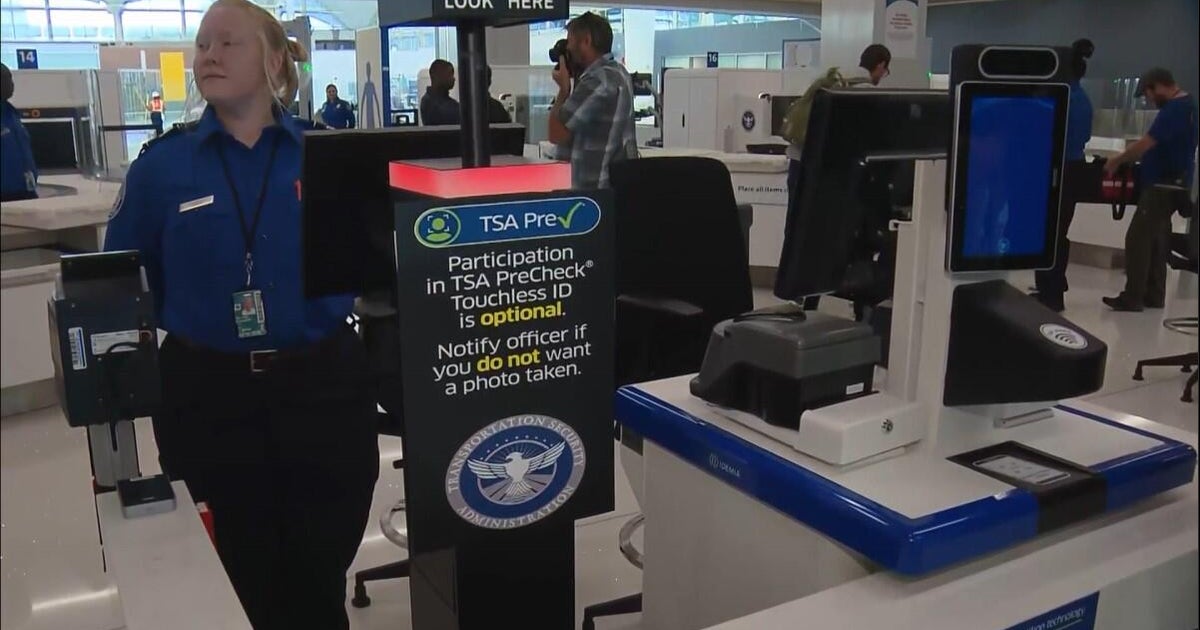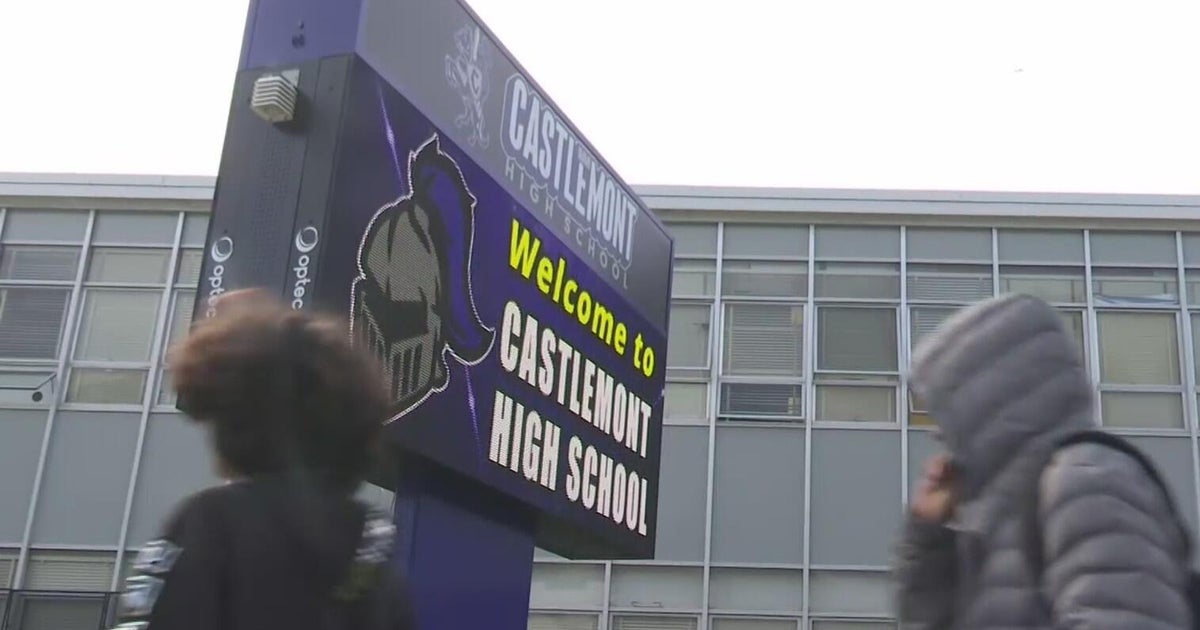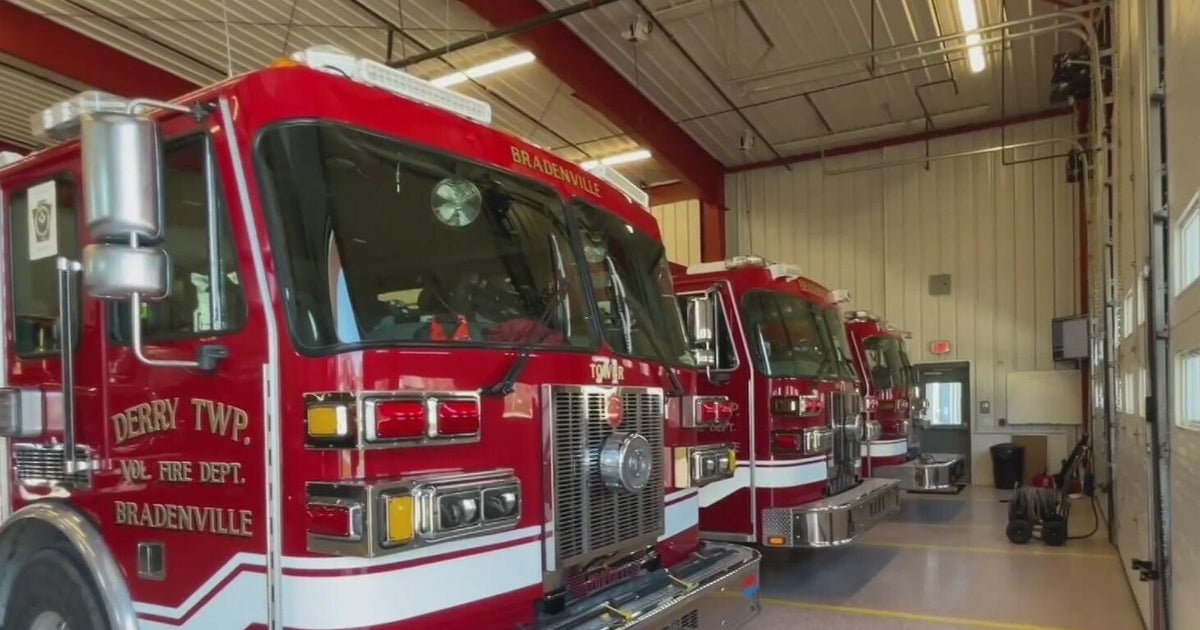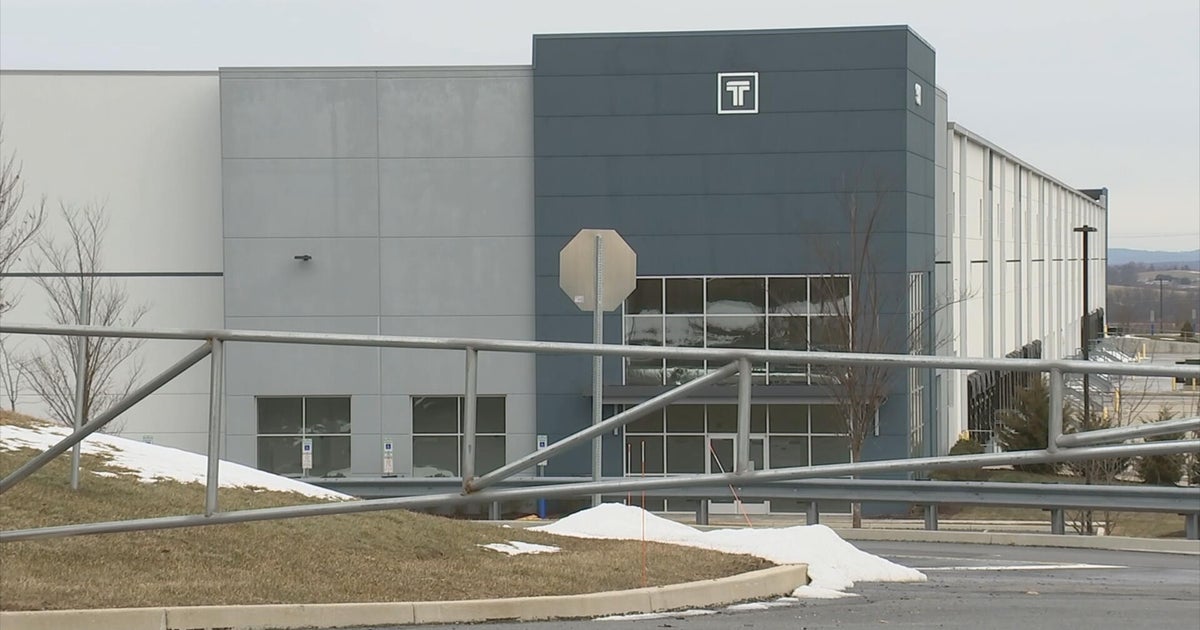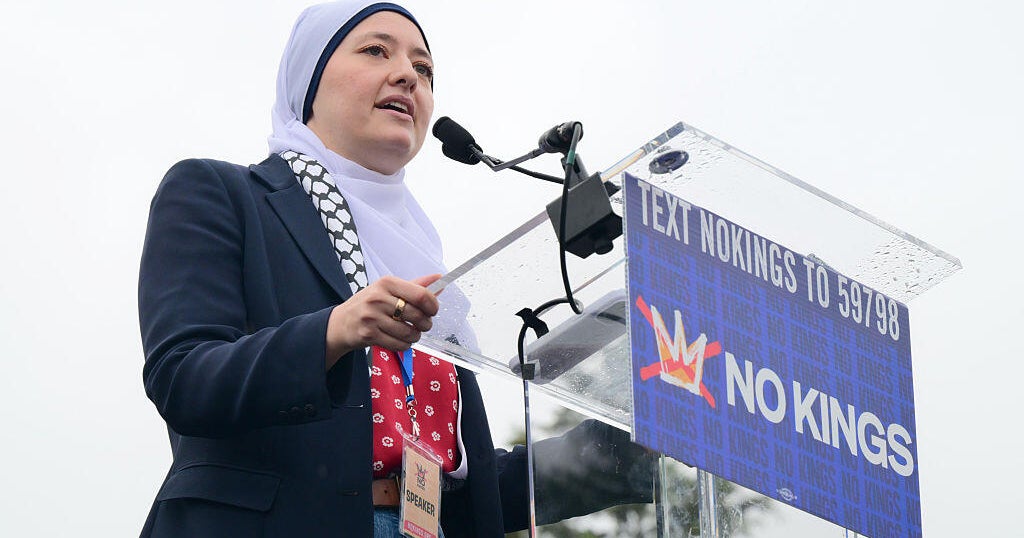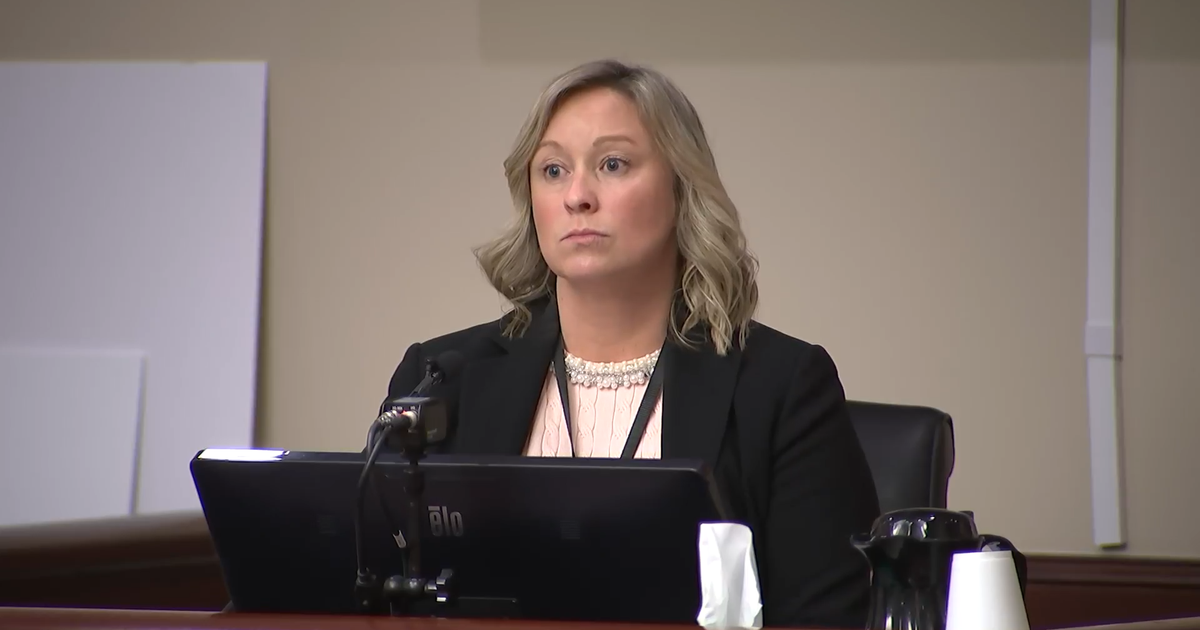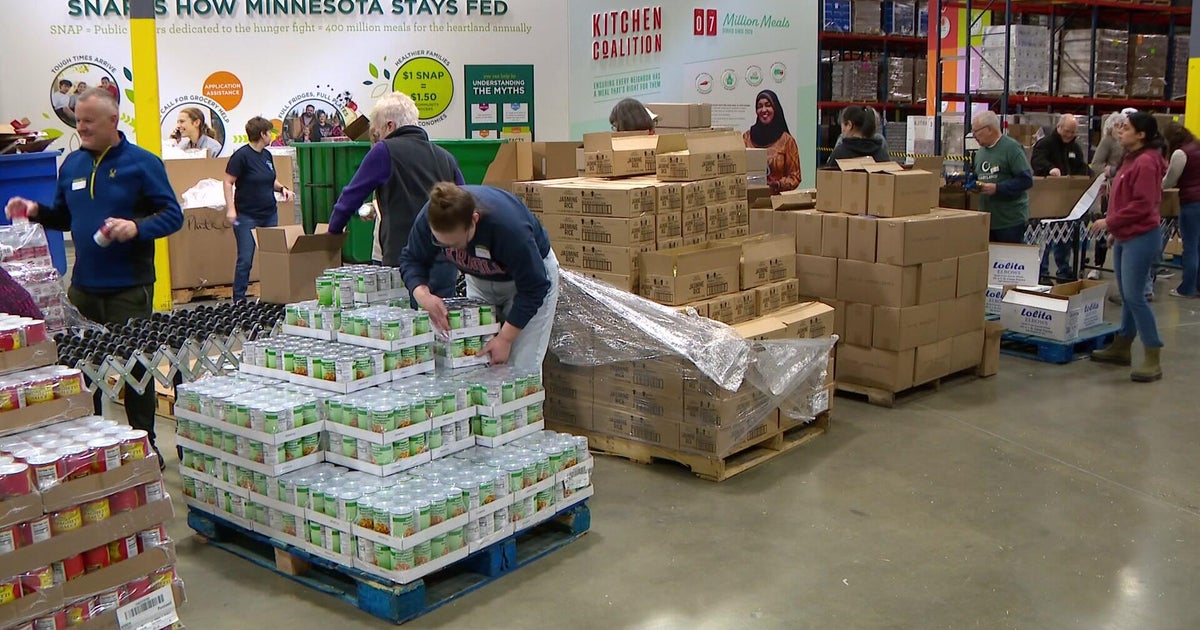Senate Majority Leader Paul Gazelka Open To 'Up Front' State Resources Chauvin Trial Security
ST. PAUL (WCCO) -- Senate Majority Leader Paul Gazelka signaled he is open to striking a deal with the DFL to establish a state fund that would, in part, help pay for security surrounding Derek Chauvin's trial next month, after the governor's $35 million plan faced another setback in the Minnesota House.
Gazelka told WCCO that he would support money up front for security in a fund similar to the governor's "SAFE" account, designed to reimburse local governments -- including Minneapolis -- for mutual aid if they send officers to help with an emergency. His parameters for agreement, he said, would include that governor would not control allocation of how those funds would be used.
Derek Chauvin's trial begins March 8.
"I have not agreed to $35 million in a pot of money but I'm saying I'm willing to explore resources up front as long as it's not under the oversight of the governor or the city of Minneapolis," Gazelka (R-Nisswa) said in a Friday interview.
The top Republican in the Senate had previously been firm in his opposition to the governor's $35 million SAFE account, calling it a bailout by Minneapolis.
In a rare move, that bill failed on the House floor Thursday night, after a few Twin Cities-area DFL'ers joined Republicans to vote it down, saying in a statement they couldn't in "good conscience" vote for the bill without more police accountability measures.
The Senate GOP passed a separate bill Monday with a different approach. That proposal would cut a share of a city's local government aid -- state funding that goes to cities to help cover costs for essential services -- if that city fails to reimburse other local governments for their assistance. It would ensure payment after mutual aid is rendered, not up front.
But after Thursday's vote in the House, he expressed openness to other ideas, including money set aside ahead of time.
He mentioned federal coronavirus relief bringing potentially billions in federal funds to the state as part of the reason he could support some sort of state mutual aid fund, as a deluge of federal money could free up state resources.
"There is no reason we can't pay the bills after the fact but I am willing to explore looking at resources up front to give some comfort to some of the police organizations that will provide those mutual aid agreements," he said.
A coalition of law enforcement groups urged the House to pass the SAFE account bill with changes brought forward Thursday, saying in a letter that "policing in the coming months will be harder without its passage."
In a separate interview, House Speaker Melissa Hortman (DFL-Brooklyn Park) said that she spoke with Gazelka Friday morning and that the two "have an idea," but declined to share more details about where her caucus stands.
"We'll start exploring and see if there can be common ground around this idea," she said.
Even without a deal in the legislature on security funding, Minneapolis is moving forward with preparations. City officials said this week 1,100 officers across 11 jurisdictions have offered mutual aid and as many as 2,000 national guardsmen could join them once the trial begins.
"Concerns in mid-January that the money was really crucial to get the aid agreements in place is less urgent at this point," said Hortman in response to this development, but she said finding some sort of plan for funding is still a top priority.
The House tabled the SAFE account plan for consideration at another point. Gazelka said he felt confident there could be a compromise before the trial starts in two weeks.
Gov. Tim Walz Thursday said he was disappointed the House failed to pass the SAFE account, saying it will "make our work more challenging."
